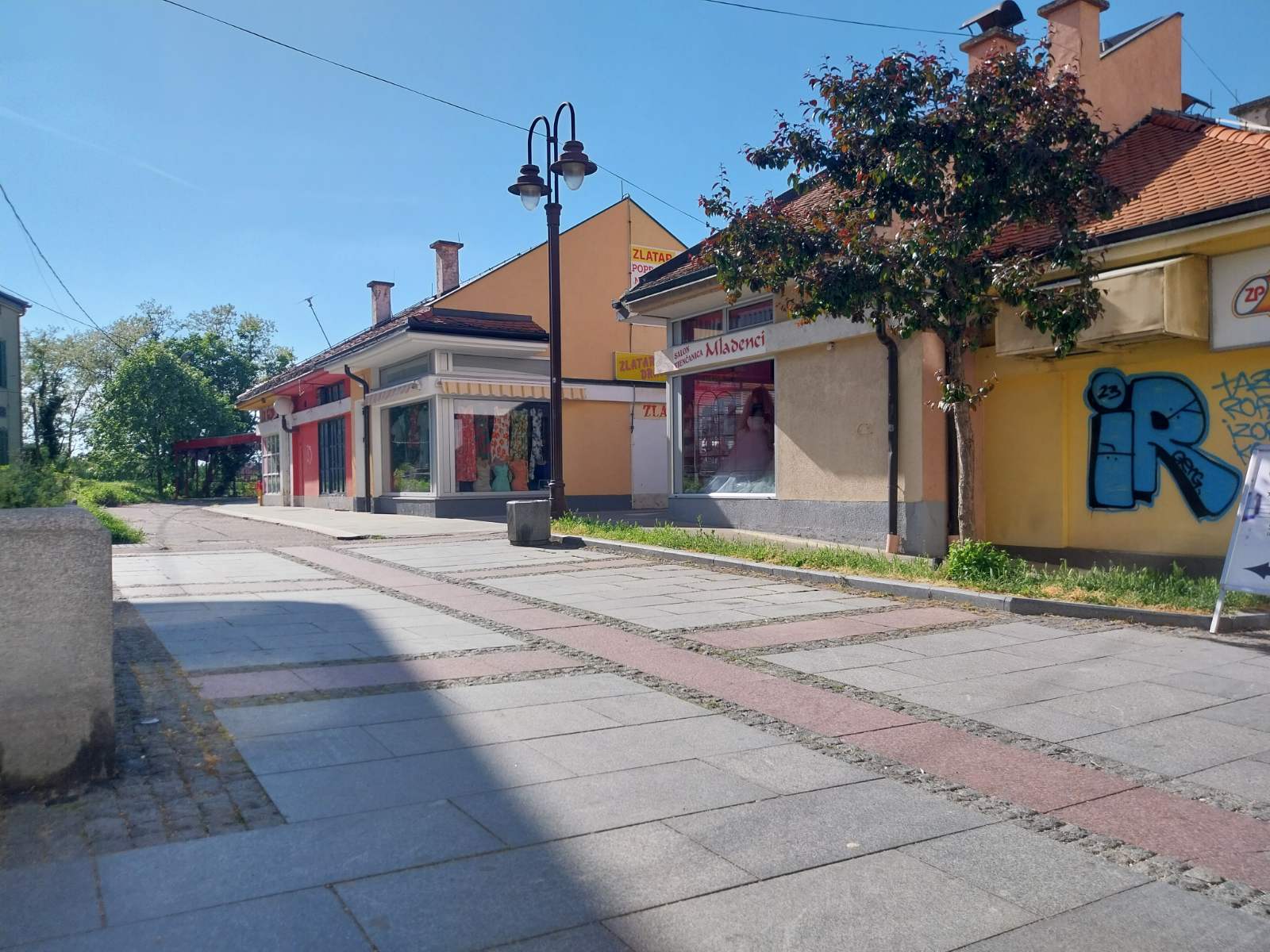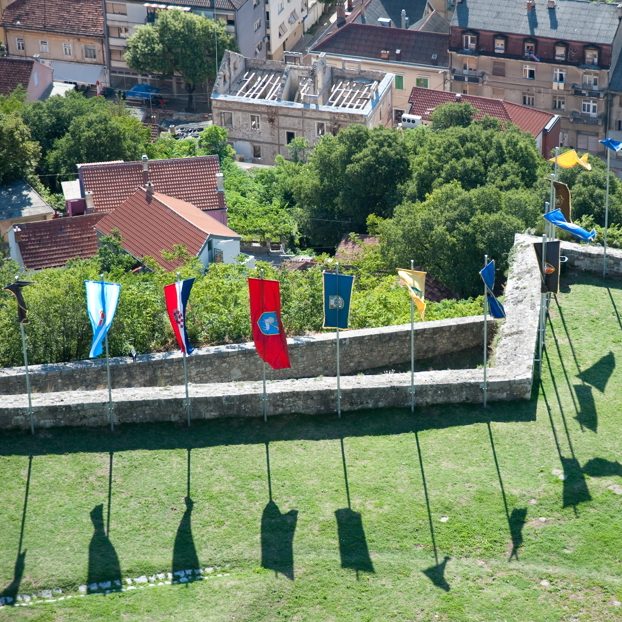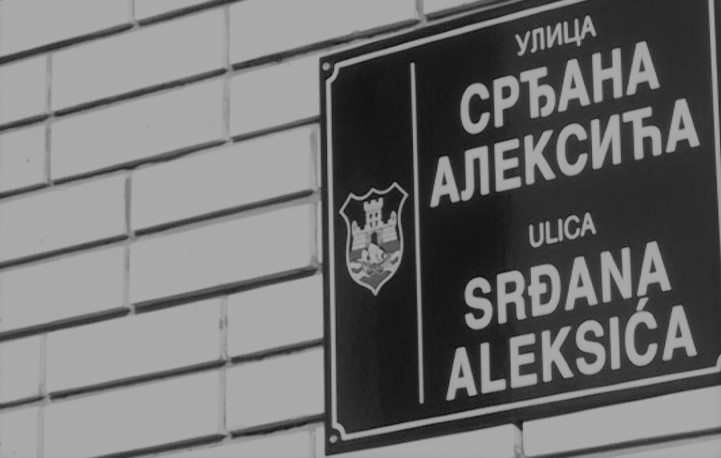
A Documented Murder
By: Edvin Kanka Ćudić Every day, the locals walk down the Brčko promenade. The view of the Craftsmen’s Centre takes them back to the
Latest Podcast
Germany constitutes a singular case of a society which was forced to reconsider its past twice within 50 years. The guilt of the Nazi Germany and the accountability of the German...
Memory Cultures in Dialogue
Memory Cultures in Dialogue is a podcast and blog of the Humanitarian Law Center from Belgrade, Serbia.
The podcast and blog oppose the hegemonic narratives about the breakup of Yugoslavia and the wars that ensued. The facts about the armed conflicts that took place in the territory of former Yugoslavia in the 1990s are subject to constant distortion in the frameworks of dominant and state-sanctioned memory politics. The project strives for promoting a public dialogue about politics and cultures of memory and coming to terms with the past. The podcast and blog inform, point out to the constructed nature of dominant narrative and deconstruct these narratives through diskussions with experts and actors of memory activism from below.
Podcast is available on Spotify, Apple Podcasts, Google Podcasts, Podcast Addict and Podcasts.rs.

By: Edvin Kanka Ćudić Every day, the locals walk down the Brčko promenade. The view of the Craftsmen’s Centre takes them back to the

In a decade since joining the EU and the acquittal of generals accused of war crimes, Croatia petrified its memory of the 1995 Operation Storm

While the 2021 marking of 1991 wartime events repeated numerous facets of contemporary Croatian nationalism, government officials kept away from demonising Croatian Serbs as the

Author: Naum Trajanovski 13 August 2022 marked the 21st anniversary of the so-called Ohrid Framework Agreement (OFA) – the ceasefire settlement that ended the

Selfless heroism and self-sacrifice for the good of the other are possible in a variety of circumstances, but the act of saving someone in wartime

By: Branka Vierda A festive atmosphere marked the beginning of December 2021 in Zagreb. At the end of the second year of the pandemic